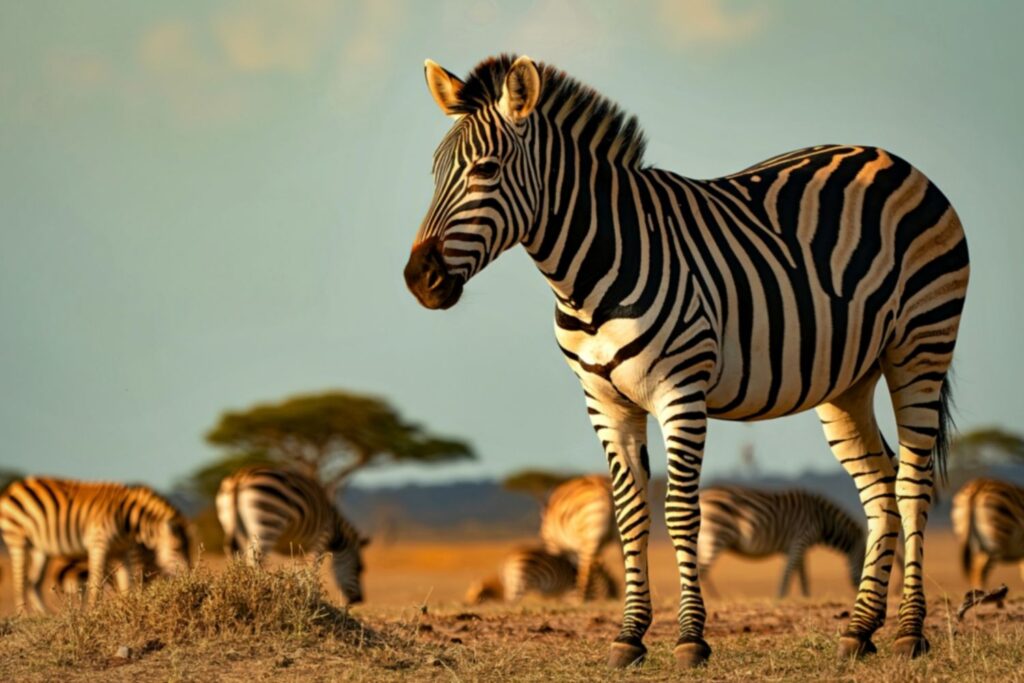A forgotten cache transforms a quiet region’s history.

The discovery began as a routine survey in eastern Germany until excavators realized the soil was hiding something far larger than expected. Beneath farmland outside Görlitz, researchers uncovered a vast Bronze Age hoard unlike anything recorded in the region. More than three hundred artifacts emerged from the earth, many shaped in ways that challenge everything previously known about local metalworking traditions. The scale and preservation of the find left archaeologists stunned as they attempted to piece together why such wealth was buried so deliberately.




